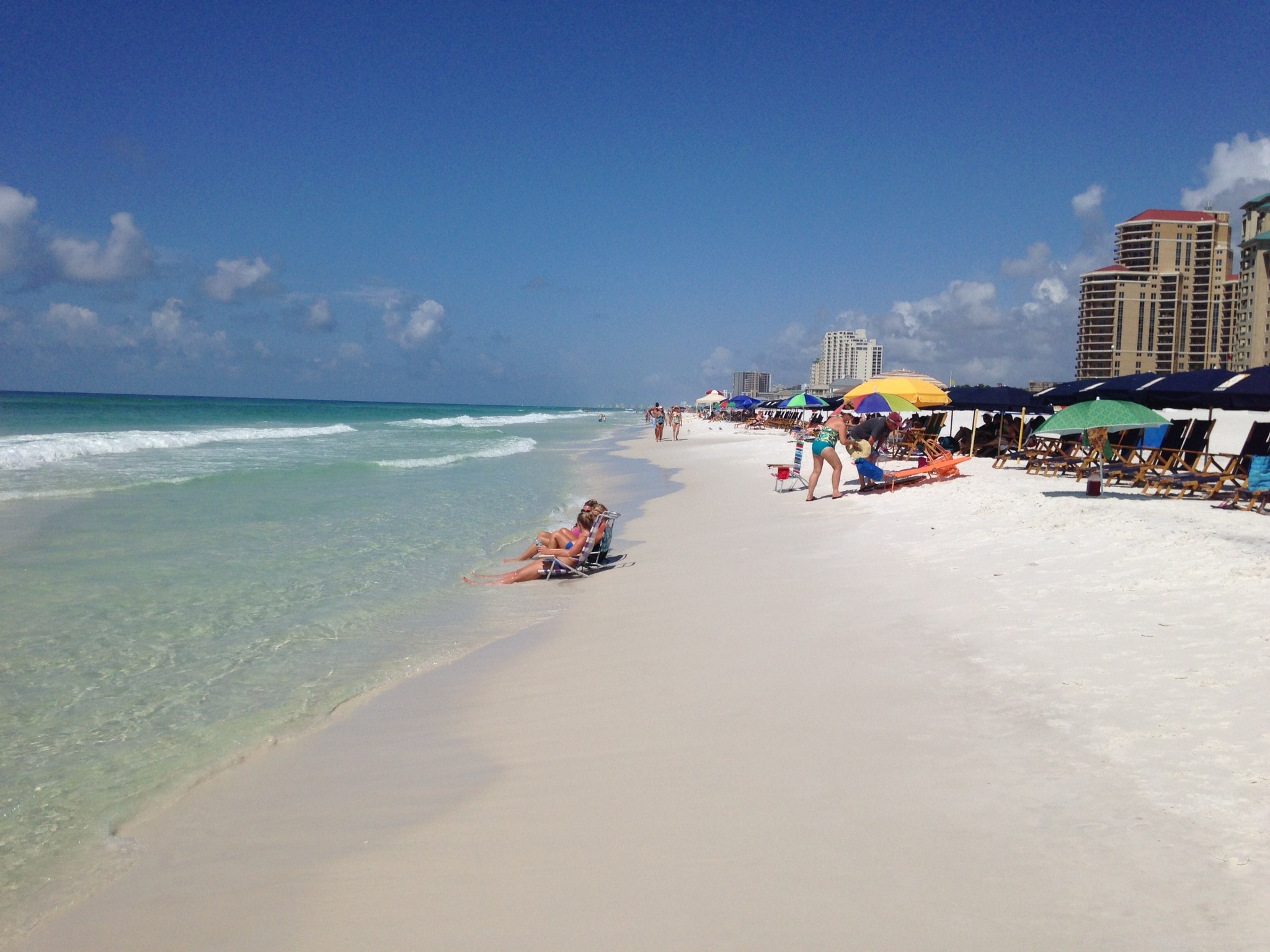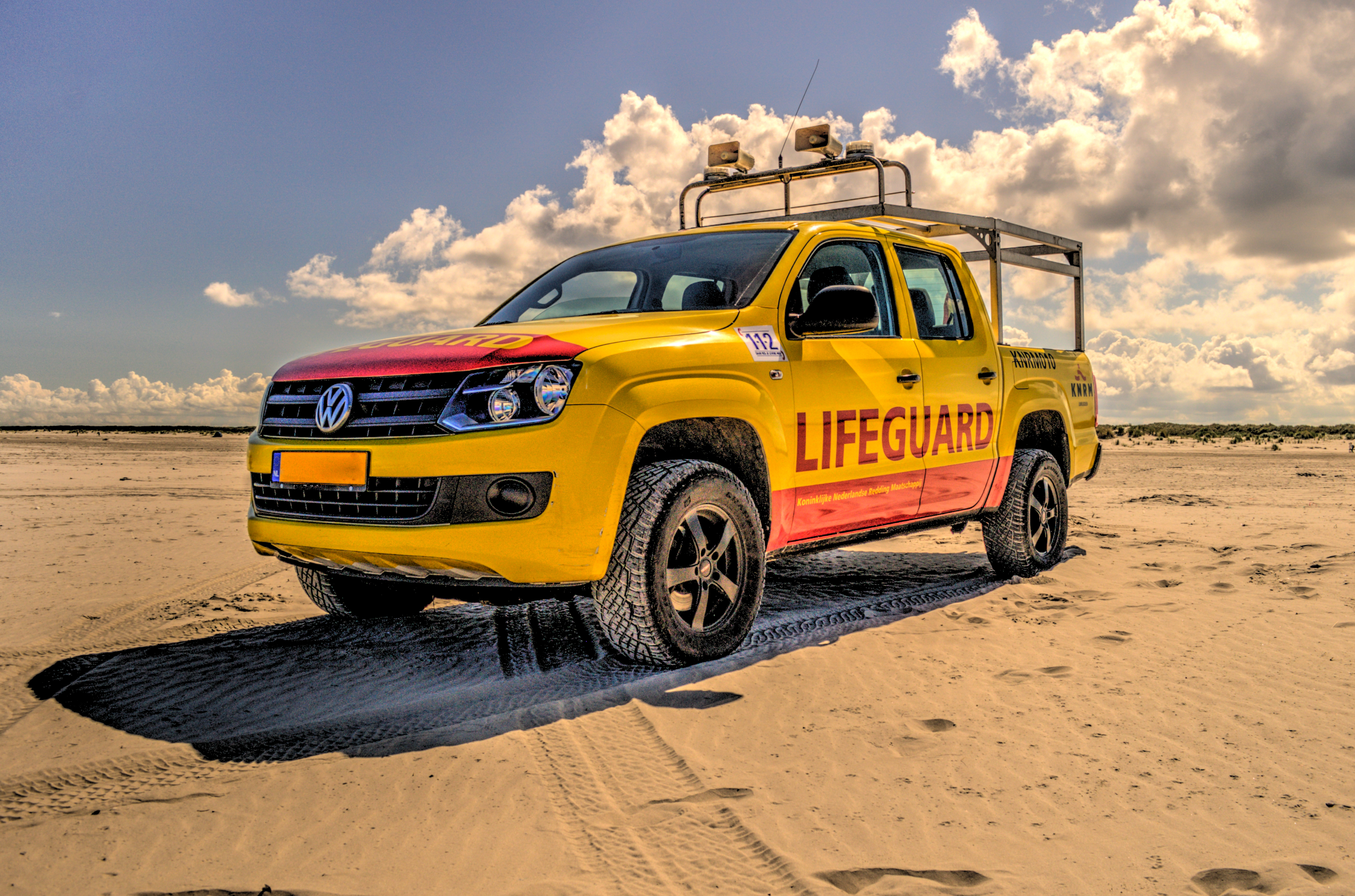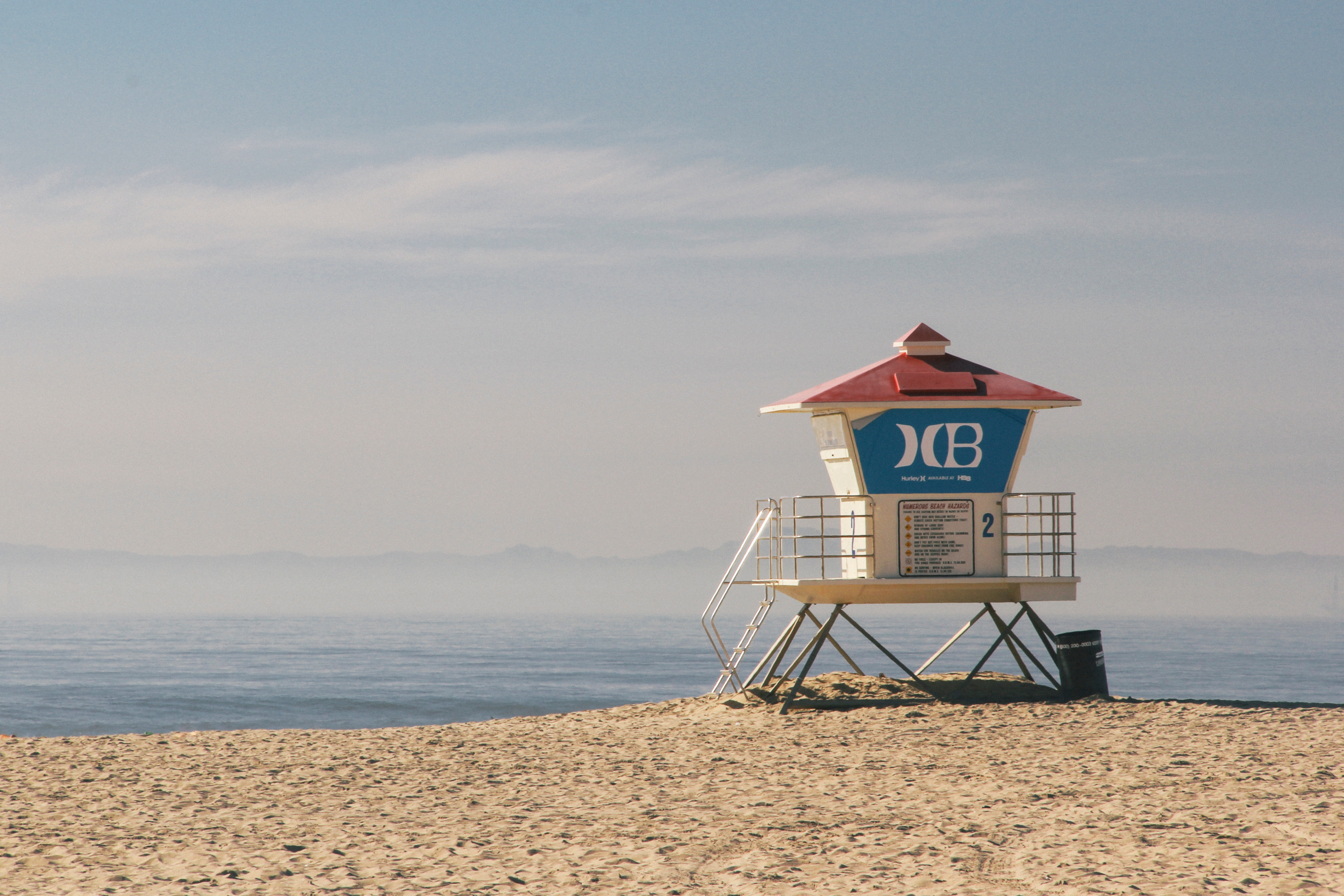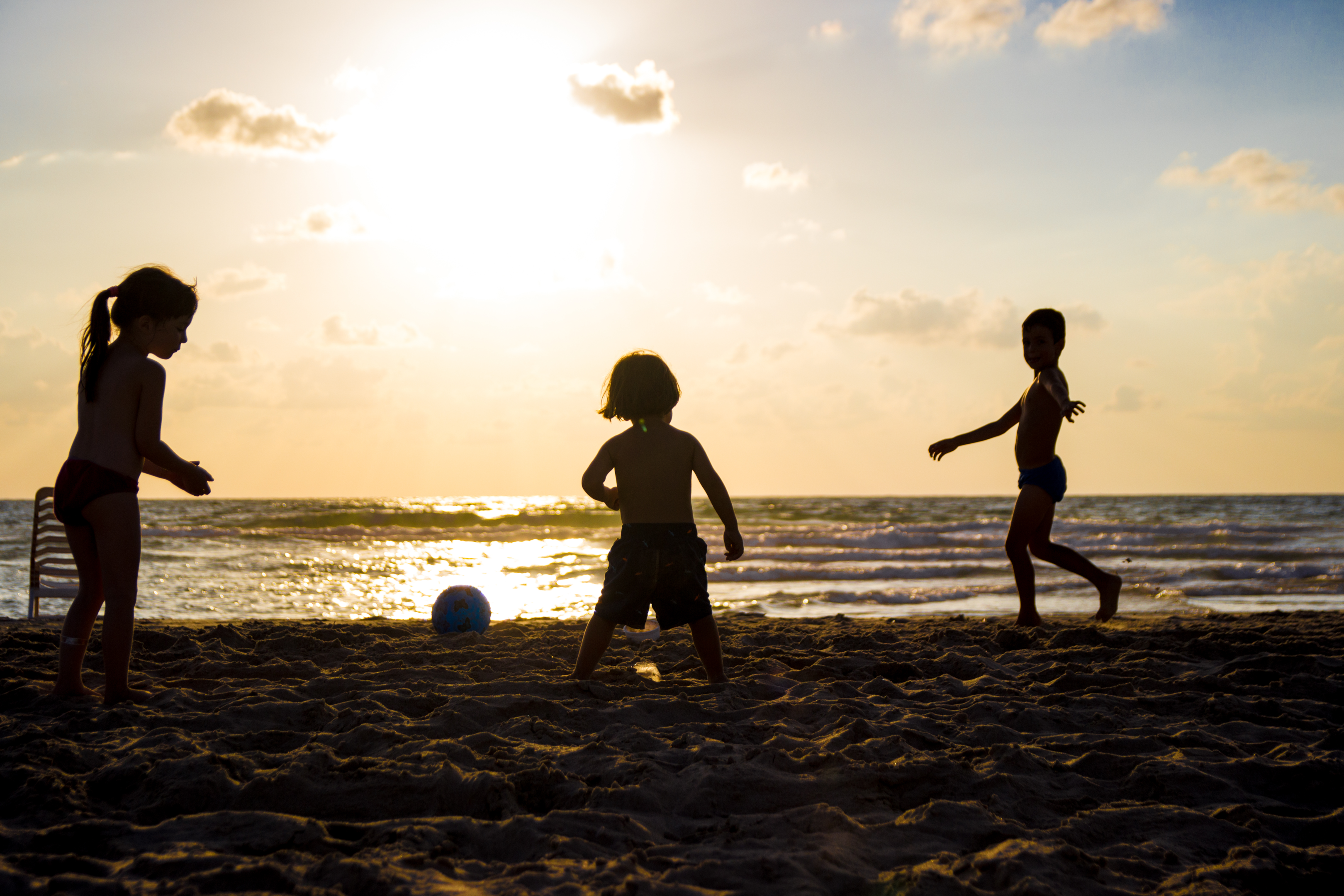==================
Florida Splendors is supported by our audience. When you purchase through one of our links, we may earn a small affiliate commission. As an Amazon Associate I earn from qualifying purchases. Your cost is not affected.
Beach Safety Tips in Florida

Beach safety in Florida is a topic that deserves your utmost attention. Every year, countless beachgoers, swimmers, and surfers flock to the Sunshine State’s shores to enjoy the sun, sea, and sand. But, as beautiful and inviting as it may seem, the beach also presents a certain level of risk. It’s crucial to understand and respect the power of the ocean.
Knowing specific beach safety tips can make all the difference between a delightful day at the beach and a potentially dangerous situation. Florida’s beaches, world-renowned for their picturesque beauty, are also diverse. From the calm Gulf Coast beaches to the Atlantic Coast’s more turbulent waters, each beach poses unique challenges. Therefore, understanding beach safety specific to Florida is essential, regardless of whether you’re a resident or a tourist.
This article aims to provide you with a comprehensive guide on beach safety in Florida. From understanding the ocean to knowing the role of lifeguards, this article will equip you with all the necessary information to ensure a safe and enjoyable beach experience.
The importance of beach safety cannot be overstated. In an article published by NBC News, at least 12 have drowned at Florida beaches as rip current continues to plague Panhandle. Further, according to the CDC, in the U.S., there are at least 4,000 fatal unintentional drownings per year, which is an average of 11 deaths per day. At the same time, there are 8,000 nonfatal drownings—an average of 22 nonfatal drownings per day. Regarding beach activities, safety must be the number one priority.
A beach is a place of relaxation, fun, and adventure, but it can quickly become dangerous if not approached with caution and respect. If beach safety tips aren’t followed, accidents can occur, from minor injuries to potentially fatal incidents. The ocean is an unpredictable and powerful force. Even the most experienced swimmers can find themselves in trouble if they underestimate the ocean’s power or overestimate their swimming capabilities. Therefore, understanding the importance of beach safety is the first step toward a secure and enjoyable beach experience.
Moreover, beach safety is not just about protecting yourself. It’s about ensuring the safety of your family and friends, and even strangers sharing the beach with you. By following safety guidelines, you create a safer environment for everyone.
Understanding the Beach: Ocean Currents, Tides, and Weather
An important aspect of beach safety is understanding the beach itself. This includes ocean currents, tides, and weather, all of which can significantly influence the beach and sea conditions. Ocean currents can be tricky. The most common types of tread water you’ll encounter in Florida are longshore currents that move parallel to the shore and rip currents that pull swimmers away. Both can pose a risk to swimmers, especially the latter. If you’re caught in a rip current, remember not to fight it. Instead, swim parallel to the shore until you’re out of its pull.
Tides, too, play a crucial role in beach safety. High tides can result in stronger currents and bigger waves, making swimming more challenging. On the other hand, low tides can expose hazards such as rocks and coral that are usually submerged.
Weather conditions are another critical factor in beach safety. Always check the weather forecast before going to the beach. Avoid swimming during storms, as lightning can strike the water, and turbulent seas can increase the risk of getting caught in rip currents.

Essential Beach Safety Tips for Swimming in the Ocean
Swimming in the ocean is a thrilling experience, but it comes with its own set of challenges. Here are some essential beach safety tips to keep in mind. Firstly, always swim in designated areas that lifeguards supervise. These areas are marked for a reason – they’re the safest places to swim. Next, always swim with others.
Always have a buddy with you. It’s not just more fun but also safer. If you get into trouble, the other can call for help. Remember to always stay with someone. Especially if you are not an experienced swimmer. Evaluate your swimming skills honestly. The ocean is not a swimming pool – its currents and waves can make swimming much harder. If you need a stronger swimmer, stay in shallower water. Even if you’re a good swimmer, always underestimate your abilities.
Lastly, always stay alert. Please keep in mind your surroundings and the ocean’s conditions. If you feel the current pulling you away from the shore or getting tired, get out of the water immediately.

Lifeguard Presence and Their Role in Beach Safety
Lifeguards play a vital role in maintaining beach safety. They are professionals there to keep an eye on the beachgoers and intervene in any danger. They are familiar with the beach’s conditions, know how to spot a person in trouble, and are trained in rescue techniques and first aid. Continuously swim near a lifeguard station. They’re your first line of defense in case anything goes wrong. Obey their instructions always – if they’re asking you to get out of the water, they have a good reason.
Lifeguards are an invaluable part of the beach ecosystem, providing a sense of security and enhancing the overall beach experience for everyone. It is essential for beachgoers to respect and follow lifeguards’ instructions and to be aware of their surroundings to ensure a safe and enjoyable time at the beach. Remember, keeping the beach safe is everyone’s responsibility. Always be cautious while having fun at the beach.
Safety Equipment for Beach and Ocean Swimming
When heading to the beach or engaging in ocean swimming, it’s essential to have the appropriate safety equipment to ensure your well-being and enhance your overall safety. Having the proper safety equipment can significantly increase your safety at the beach. This includes life jackets, rescue tubes, and flotation devices. If you need to become a stronger swimmer or swim in deeper water, wearing a lifejacket can help keep you afloat.
Wearing the appropriate swimwear is also a must. Loose clothing will hinder movement. Wear swimwear that perfectly fits your body to ensure easy movement in the water.
Other handy equipment includes beach flags that indicate the current beach conditions and sunscreen to protect you from harmful UV rays. Remember to reapply your sunscreen. More than applying sunscreen once is required. Re-apply sunscreen at least every one to two hours to avoid sunburn or increased skin cancer risk.
Remember, safety at the beach isn’t just about water safety; it’s also about protecting yourself from the sun. Also, remember to stay hydrated and have an emergency kit that includes band-aids, antiseptic wipes, and any personal medication you might need.
Beach Safety Policies in Florida
Florida’s beach safety policies are designed to protect all beachgoers. These policies include designated swimming areas, lifeguard presence, and using beach flags to indicate the current beach conditions. Ignoring these policies can put you and others at risk. Different beaches have different policies. For example, some beaches allow bonfires, while some prohibit this entirely. Best research before going to a particular beach to avoid making a mistake.
Moreover, some beaches have specific rules for surfing or using motorized watercraft. Please always check the rules of the beach you’re planning to visit and follow them. Remember, these policies are in place for a reason. They’re not placed there just not to let people have fun. They’re there to ensure everyone can enjoy the beach safely. So, respect them and follow them for your safety and the safety of others.

Teaching Children About Safety at the Beach
Teaching children about safety at the beach is crucial. Ensure they understand the importance of swimming under supervision, staying within the shore, and the danger of rip currents. Make them aware of the meaning of different beach flags and teach them to always listen to the lifeguards. I think it’s best to teach your children before going to the beach the importance of following your instructions to avoid any mishaps at the beach. Children love to explore, so teach them about the potential hazards they might encounter, like sharp shells, jellyfish, or strong waves.
Also, wear a hat and sunscreen and emphasize the importance of protecting themselves from the sun. Lastly, remind your children to avoid talking to strangers. Although the beach is fun, there are still bad people wherever you go. Remember, instilling these habits in children from a young age can go a long way in ensuring their safety at the beach as they grow up.
Making the Most of Florida’s Beaches Safely
Florida’s beaches are a treasure to be enjoyed, but always with safety in mind. Understanding the beach, respecting the ocean, following beach safety tips, and adhering to beach safety policies are all crucial to ensuring a safe and enjoyable beach experience. So, the next time you plan a trip to one of Florida’s beautiful beaches, remember the beach safety tips in Florida we provided.
Remember these tips, respect the ocean and the beach, and you’re sure to have a wonderful, safe time at the beach. After all, beach safety is everyone’s responsibility. Let’s do our part to keep Florida’s beaches safe and enjoyable.
FAQs: Beach Safety Tips in Florida
What's Inside
What Are the General Beach Safety Tips in Florida?
Always swim in the areas with designated lifeguards. Also, please remember the warning signs, which will help keep you safe. Another thing to note is always to apply and re-apply sunscreen.
What Should I Do if I Get Caught in a Rip Current in Florida?
Remain calm and don’t panic. Please follow the steps listed below to ensure you will remain safe.
- Don’t panic, and try to conserve your energy. When you panic, you will tire faster, which may lead to drowning.
- Don’t swim against the current; instead, swim parallel to the shore until you escape the current’s pull.
- Once out of the current, swim back to the shore at an angle. Swimming at an angle will help you better escape the current’s strong pull.
What Should I Do if I See Someone in Distress in the Water?
Immediately notify a lifeguard on duty. You may think that it’s faster to try to save that person yourself. But unless you are an experienced or trained swimmer, you should avoid doing so. If there are no available lifeguards on duty, call 911 and try to throw a flotation device that will help them float.
Are There Any Specific Rules Regarding Beach Bonfires in Florida?
It all depends on your location. Some beaches allow for bonfires, but they may require specific permits. At the same time, others prohibit beach bonfires entirely. The best way to check whether a particular beach allows bonfires is by searching the internet. Or, if you’re already there at the beach, ask a lifeguard or beach patrol. Refrain from assuming that a specific beach allows bonfires since it may lead to penalties later.
Know All About Florida’s Splendors!
If you are a native Floridian or just visiting our sunshine state for the best summer, check out our other social media platforms! We feature all the most incredible places to visit in Florida that only a few people know about. We also post daily content on the best sites to be if you want to be one with nature and enjoy the best Florida offers.
We’re also a growing community for Floridians and vacationers alike! Did I convince you already? Well, if you are, best check out our other social media platforms so you will be included.
Check out Our:
Facebook: FS FB.
Instagram : FS IG.
Pinterest: FS PI.
Twitter: FS TW


